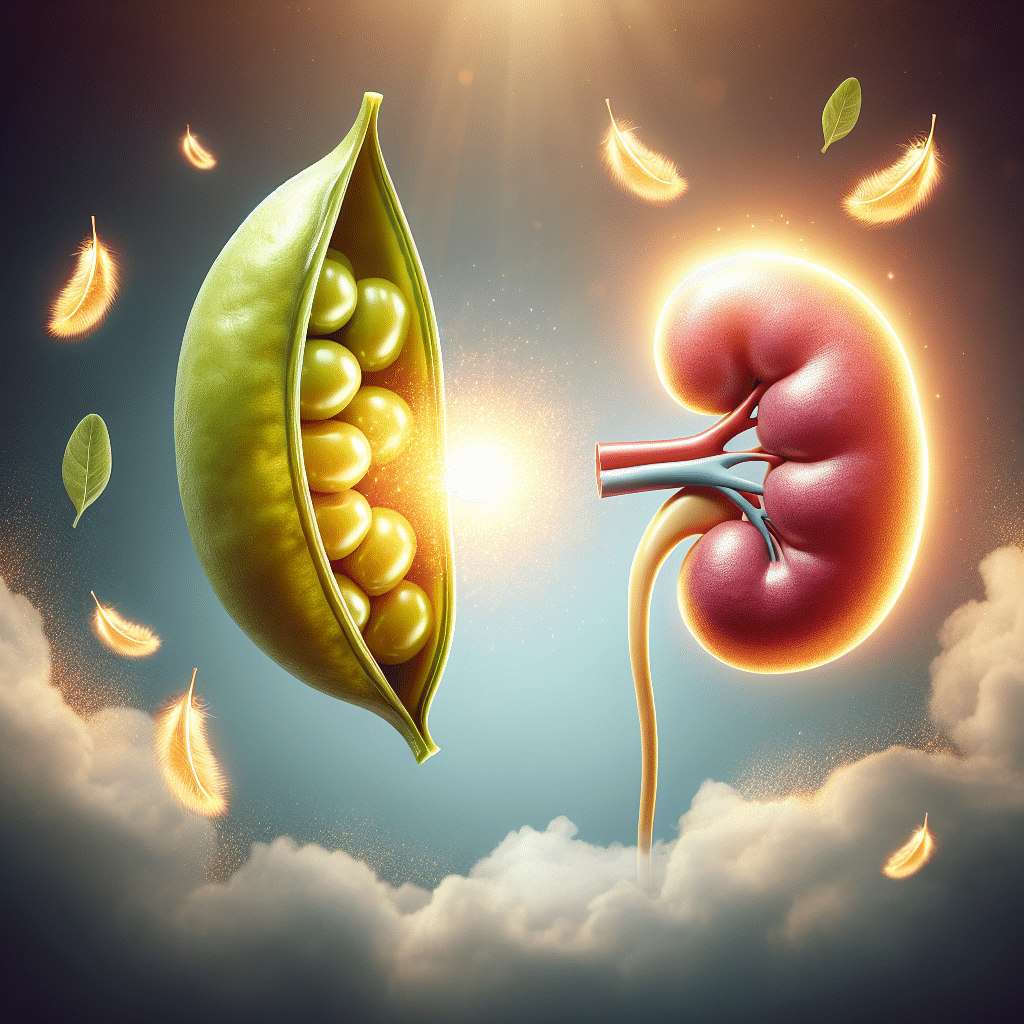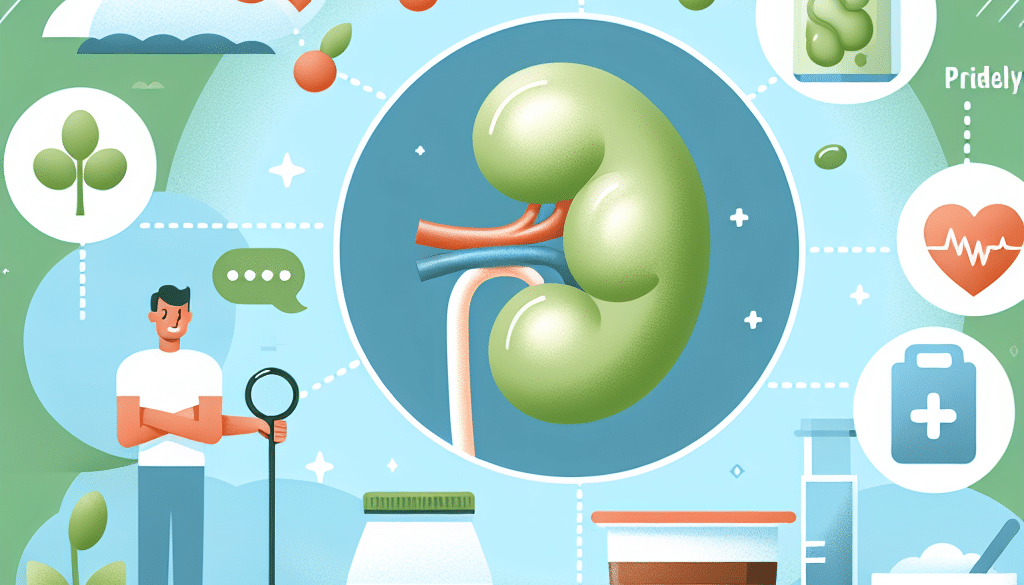Is pea protein gentle on the kidneys
Table of Contents
- Pea Protein and Kidney Health: A Comprehensive Analysis
- Understanding Kidney Function and Protein Intake
- Pea Protein: An Overview
- Is Pea Protein Easy On The Kidneys?
- Case Studies and Research Findings
- Practical Considerations for Kidney Health
- Conclusion: Pea Protein as a Kidney-Friendly Option
- Discover ETprotein’s High-Quality Pea Protein Products
Pea Protein and Kidney Health: A Comprehensive Analysis

As the popularity of plant-based diets continues to rise, pea protein has emerged as a favored alternative to animal-based proteins. Its high protein content, hypoallergenic nature, and sustainability make it an attractive option for many. However, for individuals with kidney concerns, the question arises: Is pea protein easy on the kidneys? This article delves into the research surrounding pea protein and its impact on kidney health.
Understanding Kidney Function and Protein Intake
The kidneys are vital organs responsible for filtering waste products from the blood and excreting them through urine. Protein intake can affect kidney function, particularly in individuals with pre-existing kidney conditions. It’s essential to understand how different protein sources may influence kidney health.
Pea Protein: An Overview
Pea protein is derived from yellow split peas and is a complete protein, containing all nine essential amino acids. It’s commonly used in protein powders, meat substitutes, and other health food products. Its benefits include being gluten-free, dairy-free, and suitable for vegans and vegetarians.
Is Pea Protein Easy On The Kidneys?
Research suggests that plant-based proteins like pea protein may be more kidney-friendly compared to animal-based proteins. This is due to several factors:
- Lower in Sulfur-Containing Amino Acids: Animal proteins are higher in sulfur-containing amino acids, which can increase the acid load on the kidneys. Plant proteins, including pea protein, have lower levels of these amino acids, potentially reducing stress on the kidneys.
- Phosphorus Content: Pea protein contains less phosphorus than some animal proteins. High phosphorus intake can be harmful to kidneys, especially in those with kidney disease.
- Renal Hemodynamics: Animal protein consumption can cause hyperfiltration and increased glomerular pressure, which may lead to kidney damage over time. Plant proteins are associated with less hyperfiltration, making them gentler on the kidneys.
However, it’s important to note that moderation is key, and excessive intake of any protein, including pea protein, can be challenging for the kidneys to process, especially in individuals with compromised kidney function.
Case Studies and Research Findings
Several studies have examined the effects of plant-based proteins on kidney health:
- A study published in the American Journal of Kidney Diseases found that a higher intake of plant-based proteins was associated with a lower risk of kidney function decline.
- Research in the Clinical Journal of the American Society of Nephrology indicated that replacing some animal proteins with plant proteins could reduce the risk of chronic kidney disease progression.
- A study in the Journal of Renal Nutrition suggested that diets higher in plant protein may help maintain kidney health in individuals with kidney disease.
These findings support the idea that pea protein, as a plant-based protein source, may be a kidney-friendly option.
Practical Considerations for Kidney Health
For those with or without kidney concerns, it’s essential to consider the following when incorporating pea protein into the diet:
- Consult with a Healthcare Professional: Before making significant dietary changes, especially if you have kidney disease, consult with a healthcare provider or dietitian.
- Balance and Moderation: Include a variety of protein sources in your diet to ensure a balanced intake of nutrients.
- Hydration: Adequate water intake is crucial for kidney health, particularly when increasing protein consumption.
Conclusion: Pea Protein as a Kidney-Friendly Option
In conclusion, pea protein appears to be a kidney-friendly protein source, especially when compared to animal-based proteins. Its lower levels of sulfur-containing amino acids, reduced phosphorus content, and association with less hyperfiltration make it a suitable option for those looking to maintain or improve kidney health. However, as with any dietary change, moderation and consultation with healthcare professionals are advised.
Discover ETprotein’s High-Quality Pea Protein Products
If you’re interested in incorporating pea protein into your diet, ETprotein offers a range of high-quality pea protein products. Their organic pea protein is characterized by a neutral taste, non-GMO, and allergen-free attributes, making it an excellent choice for various dietary needs. ETprotein’s commitment to purity and quality ensures that you receive the best plant-based protein to support your kidney health and overall well-being.
About ETprotein:
ETprotein, a reputable protein and L-(+)-Ergothioneine (EGT) Chinese factory manufacturer and supplier, is renowned for producing, stocking, exporting, and delivering the highest quality organic bulk vegan proteins and L-(+)-Ergothioneine. They include Organic rice protein, clear rice protein, pea protein, clear pea protein, watermelon seed protein, pumpkin seed protein, sunflower seed protein, mung bean protein, peanut protein, and L-(+)-Ergothioneine EGT Pharmaceutical grade, L-(+)-Ergothioneine EGT food grade, L-(+)-Ergothioneine EGT cosmetic grade, L-(+)-Ergothioneine EGT reference grade and L-(+)-Ergothioneine EGT standard. Their offerings, characterized by a neutral taste, non-GMO, allergen-free attributes, with L-(+)-Ergothioneine purity over 98%, 99%, cater to a diverse range of industries. They serve nutraceutical, pharmaceutical, cosmeceutical, veterinary, as well as food and beverage finished product distributors, traders, and manufacturers across Europe, USA, Canada, Australia, Thailand, Japan, Korea, Brazil, and Chile, among others.
ETprotein specialization includes exporting and delivering tailor-made protein powder and finished nutritional supplements. Their extensive product range covers sectors like Food and Beverage, Sports Nutrition, Weight Management, Dietary Supplements, Health and Wellness Products, and Infant Formula, ensuring comprehensive solutions to meet all your protein needs.
As a trusted company by leading global food and beverage brands and Fortune 500 companies, ETprotein reinforces China’s reputation in the global arena. For more information or to sample their products, please contact them and email sales(at)ETprotein.com today.














